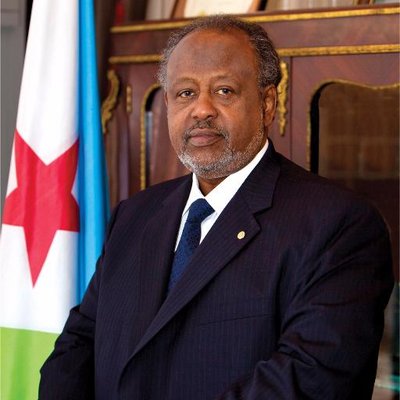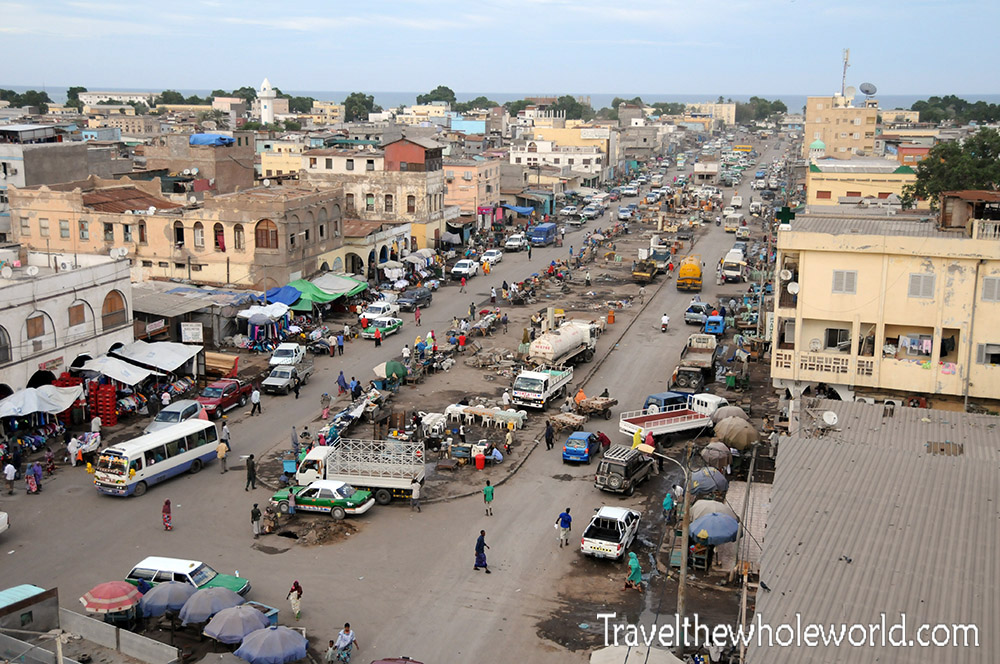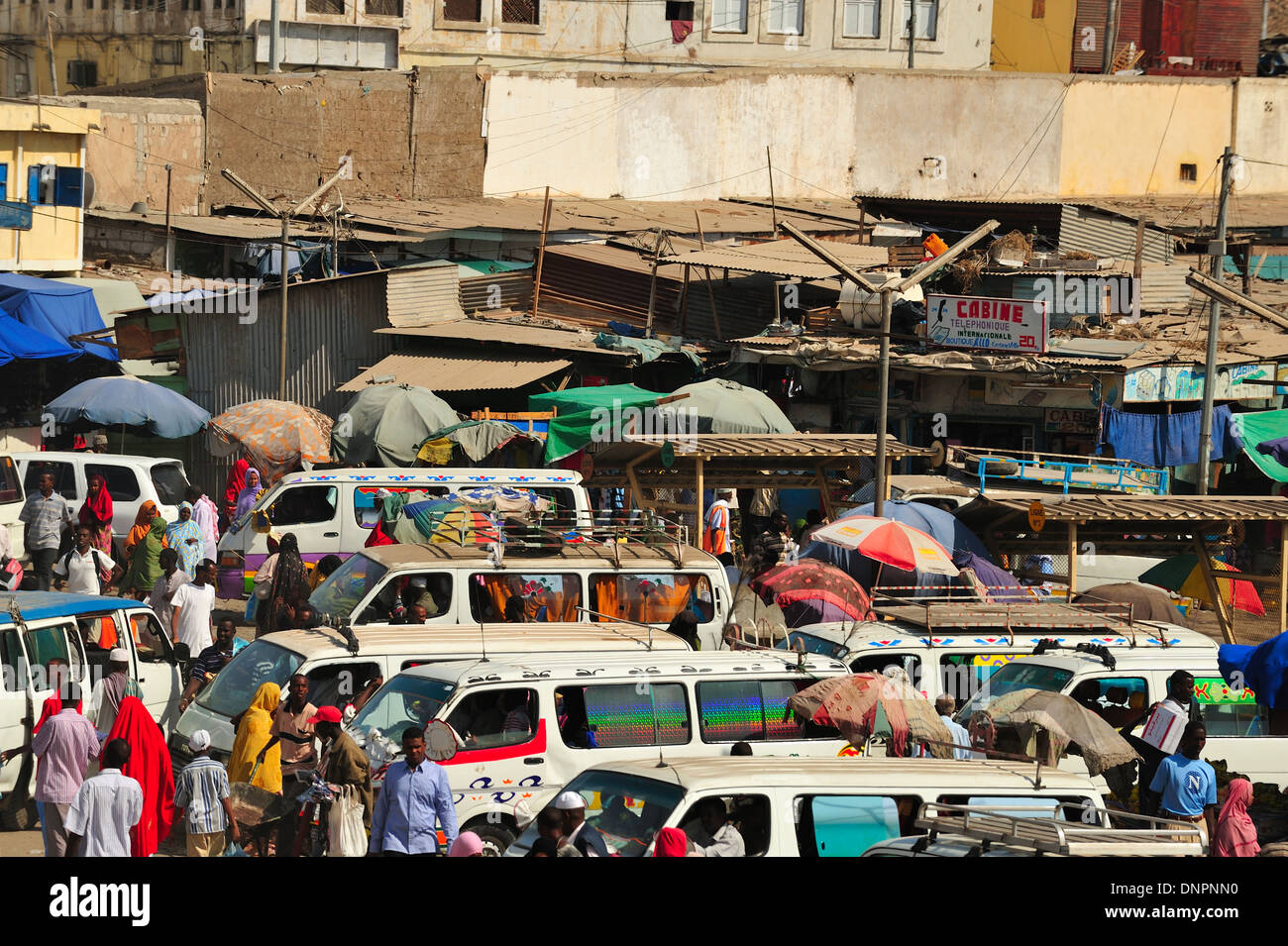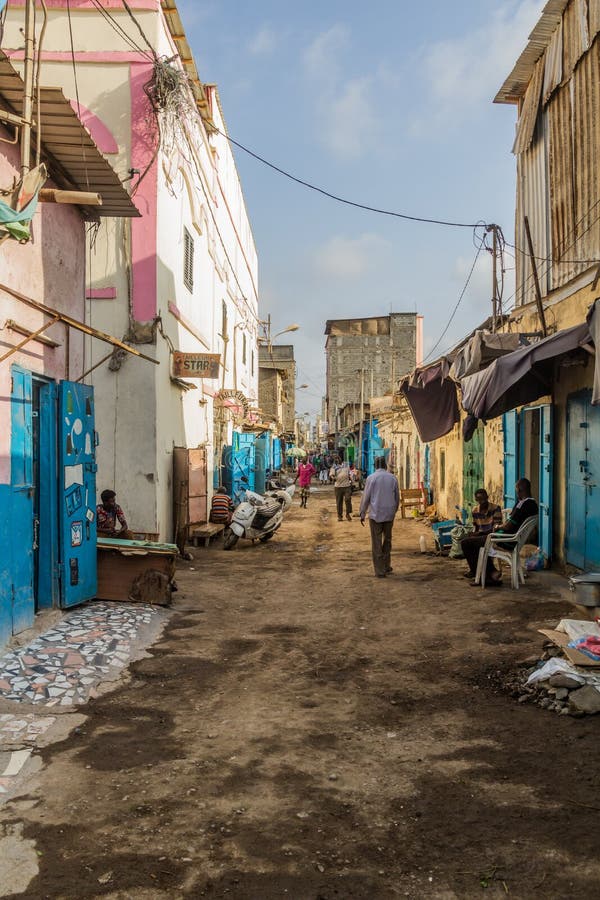 Corruption Watch
Economic Exploitation: Wealth Disparities in the Djibouti Dictatorship
By Desk Editor
https://hornexaminer.com/economic-explo ... tatorship/
July 27, 2023
Corruption Watch
Economic Exploitation: Wealth Disparities in the Djibouti Dictatorship
By Desk Editor
https://hornexaminer.com/economic-explo ... tatorship/
July 27, 2023
 DJIBOUTI
DJIBOUTI – In a startling exposé, The Horn Examiner investigation delves deep into the economic policies of the Djibouti dictatorship, shedding light on the alarming concentration of wealth among a privileged elite, while the majority of citizens grapple with daily hardships.
Unveiling the dark underbelly of corruption and cronyism, this investigative piece unravels the roots of the wealth disparity that has plagued the nation for years, leaving its populace in dire situations.
The study of Djibouti’s economic landscape reveals a troubling tale of a ruling class living lavishly, while the rest of the nation languishes in poverty.
With an autocratic regime in power, a small group of individuals controls the country’s wealth, further widening the gap between the haves and the have-nots.
Skyrocketing living costs, inadequate access to basic services, and a lack of job opportunities have become the harrowing reality for the majority of Djiboutians.
Djibouti, the small East African nation strategically located at the entrance to the Red Sea, finds itself in a state of unprecedented challenges as it grapples with the consequences of nearly three decades under an authoritarian regime.
President
Ismail Omar Guelleh, who has been in power since 1999, has maintained an iron grip on the nation, but signs of dissent and disarray have become increasingly evident.
For years, Djibouti has been a critical regional player, hosting foreign military bases and serving as a vital maritime gateway. Despite its strategic importance, the regime’s long-standing disregard for democratic principles and human rights has come at a cost. The international community has long criticized the government’s approach to governance, citing suppression of political opposition and stifling of press freedom.
RUTHLESS RULING ELITE
At the heart of this economic injustice lies a web of corruption and nepotism that perpetuates the ruling elite’s stranglehold on power.
High-ranking officials and their cronies siphon off public funds for personal gain, leaving essential infrastructure and social programs underfunded and ineffectual.
The opaque financial practices of the ruling class have shielded them from accountability, allowing them to operate with impunity at the expense of the nation’s prosperity.
As a consequence of this systemic exploitation, the people of Djibouti endure the brunt of economic distress.
Healthcare systems remain inadequate, education opportunities scarce and access to clean water a luxury. Basic human rights that should be afforded to all citizens are trampled under the weight of unchecked power and avarice.
With soaring unemployment rates and an inability to access fair financial resources, the youth of Djibouti are left with dim prospects for the future.
That has fueled frustration and discontent among the population, with protests against the regime being met with heavy-handed repression.
Testimonies from whistleblowers and insiders have painted a bleak picture of a nation suffering under a regime that prioritizes personal gain over the welfare of its citizens.
The international community has also raised concerns over the deteriorating economic situation in Djibouti, urging the government to address the wealth disparities and foster an environment of transparency and accountability.
In recent years, dissent within the country has reached a tipping point, culminating in large-scale protests demanding democratic reforms and an end to corruption.
In mid 2020, the streets of Djibouti City, the capital, have become the battleground for passionate demonstrators who sought meaningful change and a voice in their nation’s future.
Reports of violence perpetrated by security forces against protesters have raised alarm bells among international observers. The regime’s response to dissent has only fueled more defiance, pushing the country closer to a breaking point.
The economic repercussions of an entrenched authoritarian regime have been severe. Despite being a country with vast potential, Djibouti continues to struggle with poverty, high unemployment rates, and a lack of access to basic services.
International aid organizations have long called for economic reforms and inclusive governance to address these pressing issues, but little progress has been made under the current leadership.
The people of Djibouti yearn for a future where their voices are heard, their rights are respected, and their nation thrives economically and politically. However, the situation unfolds in Djibouti will not only define the fate of the nation but also reverberate across the region and the world.
____________________
Djibouti "city":















